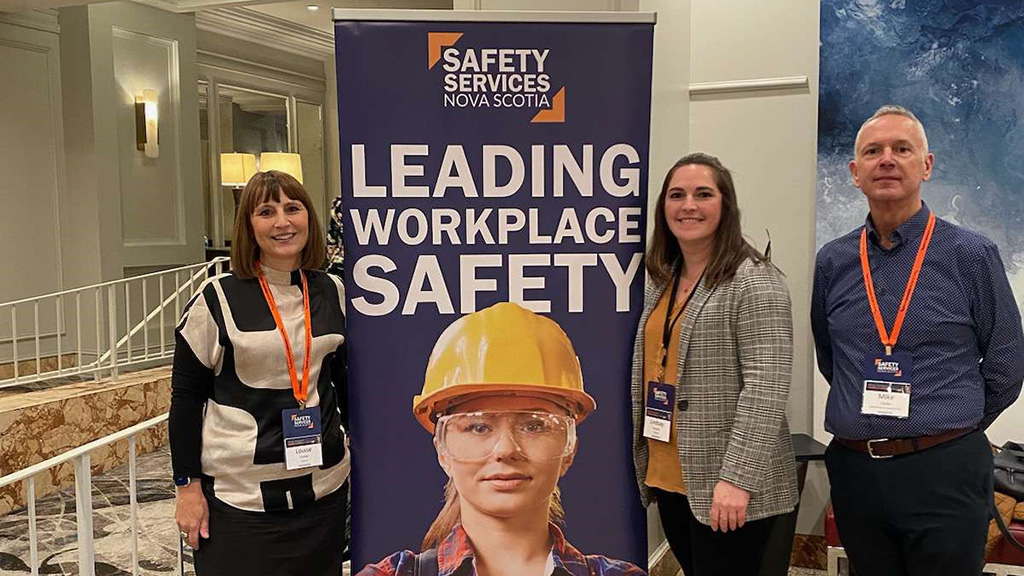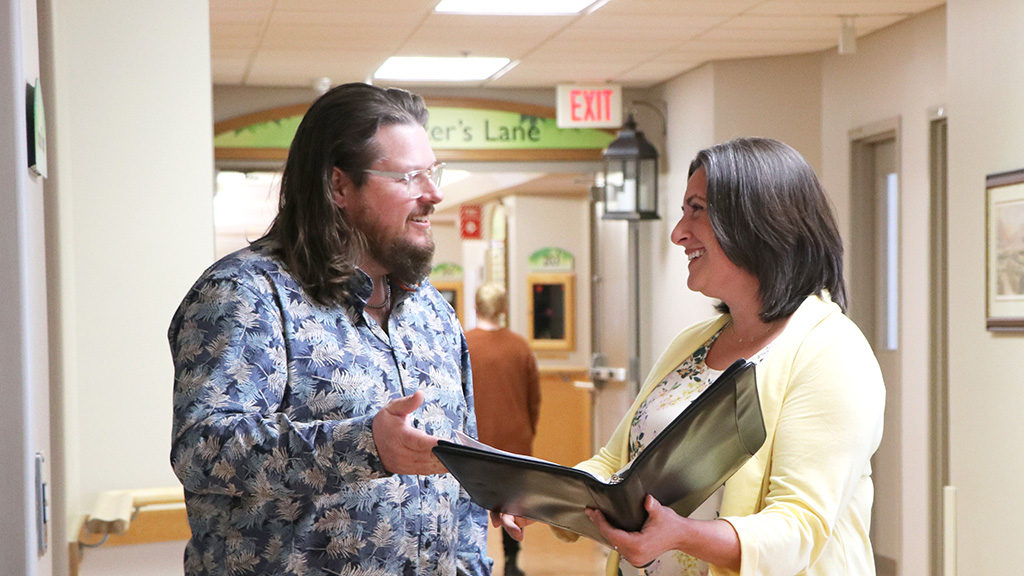Leading Practices

Safety Profile Scorecard
Injuries and costs related to compensation claims in health care are significant and the challenges in this sector became even more complex with the pandemic. Yet, health and safety cannot be deferred, and we must continue to ensure we meet legislative compliance while also mitigating costs and improving safety culture.
Subsequent to the completion of a series of “safety climate assessments” to evaluate the effectiveness of various safety programs, knowledge, and staff behaviours, opportunities were identified in four key areas: Leadership, Participation, Prevention, and Incident Management. The result of the assessment led to the first iteration of our Safety Profile Scorecard (SPS).
The focus of the SPS is to ensure that we are consistently supporting safety across all our communities, and better evaluation of our Health, Wellness and Safety Program to produce a quarterly SPS score for each site. The SPS is comprised of leading and lagging indicators that provide an overview of the safety activities occurring, support safety culture improvement, and a mechanism for reporting safety information to employees, managers and senior managers.


Behavioural Units: A Supportive Environment in LTC for Managing Responsive Behaviours
Finding continuing care options for people with complex responsive behaviours can be challenging. Many people are required to stay in a hospital setting or are refused for admission in a nursing home because their needs are too complex. This places increased pressure on the health care system and affects the quality of life for these individuals, preventing them from living in a comfortable community they can call home.
The team at Harbourstone Enhanced Care in Sydney recognized these challenges and initiated a pilot that would create a supportive environment for managing responsive behaviours in long-term care. By using functional behavioural assessments in the preadmission process, evidence-based non-pharmacological interventions are developed that are unique to the individual, their environment, and the underlying function of their behaviours.
Because of this project, 22 residents who were previously in the hospital, or refused from other nursing homes, have a new, welcoming home at Harbourstone. Since the pilot, there have been zero placement refusals and zero hospitalizations due to behaviour, zero resident-to-resident or resident-to-staff injuries and zero requests for 1:1 funding.
Furthermore, we have provided behavioural consultation services to an additional 30 residents, from 7 LTC homes, across all four zones of Nova Scotia Health Authority. Following this project, homes have reported significant improvements to quality of life for residents as well as for co-residents who had been impacted by their behaviours.